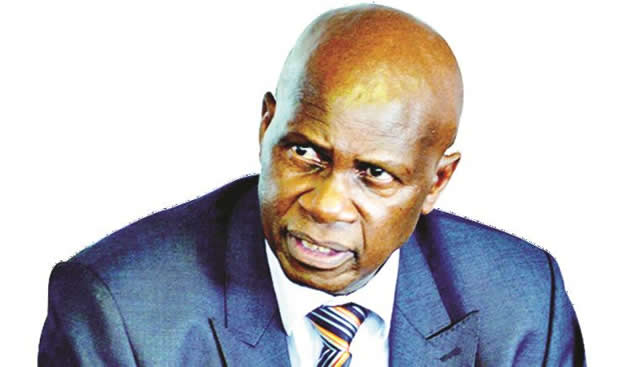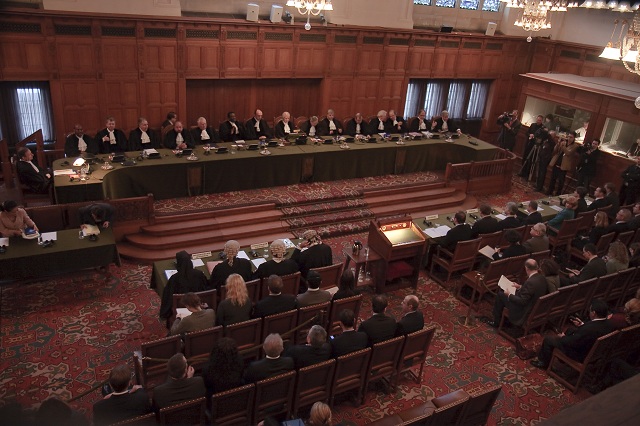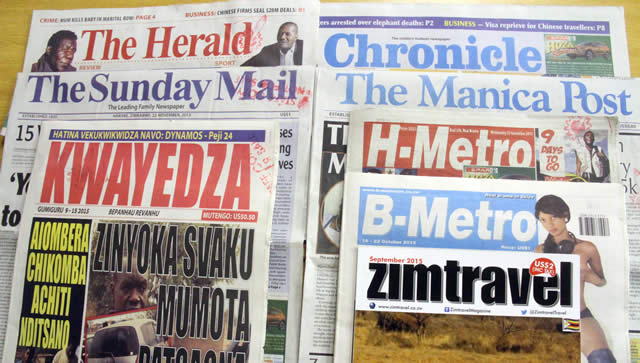High expectations as Chinamasa presents budget

Business Reporters
NATIONAL focus is on Finance and Economic Development Minister Patrick Chinamasa as he presents the 2016 national budget statement in Parliament today.
The minister is expected to provide a remedy to economic growth on the back of sluggish progress in 2015 as major economic drivers performed below expectations.
Reversing the skyrocketing import bill, tackling imports, enhancing ease of doing business, arresting liquidity challenges, low capacity utilisation and attracting increased foreign direct investment — form the bedrock of expectations from Minister Chinamasa’s presentation.
He is also expected to proffer solutions on how to revitalise the agriculture sector — the backbone of the economy — as well as the mining and tourism sectors, which also contribute immensely to the country’s economy.
Coming up with ways of enhancing value addition and beneficiation of natural resources in line with the country’s blue-print, Zim-Asset, are also expected to dominate the policy statement.
“The major task for the minister is a delicate and tricky one. The biggest problem in this country is the issue of pricing. Our economy is overpriced because industry is producing at higher costs,” economic analyst Reginald Shoko said.
“Chinamasa’s duty is to strike a balance between protectionism and liberalising the economy to promote competition.”
While past fiscal policy interventions had been hinged on taxation, economic analysts have implored the government to change the strategy.
“We’re now overtaxed. Going forward let’s not tax anymore but focus on re-tooling and have modern industrial machinery since the ones we have are pushing our costs higher,” Shoko added.
Minister Chinamasa will have to focus on harmonising the multiplicity of regulatory taxes, which have an effect of repelling potential investors, analysts said.
Fast-tracking the setting up of a one stop shop facility and fostering discipline in government expenditure while aligning it with revenue inflows cannot be over emphasised, analysts added.
“We’ve a negative balance between exports and imports because much of the money circulating in the economy is channelled towards imports due to low productivity locally,” another economic analyst, Bongani Ngwenya, said.
“Given such challenges, we expect the Finance Minister to come up with ways of mitigating these challenges.”
He said a viable option is to drive exports to improve liquidity as opposed to taxing already underperforming entities.
“Of late, our economy is skewed towards the informal sector. This means there’s a lot of money circulating in the informal sector thus, government needs to improve the capacity of generating revenue by widening up its tax base through tapping into the informal sector rather than increasing the tax rates and continuing to over-rely on industry as a source of revenue,” Ngwenya added.
Another economic commentator, Wendy Mpofu said it was high time the government dealt with external debt once and for all to open fresh credit avenues.
Minister Chinamasa has pledged to clear the $1,8 billion external debt by June next year.
“We’re also looking forward to seeing how Minister Chinamasa will devise strategies to settle the debt within the stipulated time frame. We understand it’s a mammoth task but we also expect to see how he’ll manoeuvre to reduce the public sector wage bill, which at the moment is gobbling the bulk of the government’s revenue inflows,” she said.
The Confederation of Zimbabwe Industries (CZI) has also stressed the need to address internal and external debt so as to reduce country risk.
In its 2015 manufacturing sector report released last month, CZI noted that capacity utilisation had dropped to 34,3 percent from 36,5 percent in 2014.
This has been attributed to constraints such as low domestic demand, capital challenges, antiquated machinery and competition from imported products.










Comments